The European Space Agency's latest intake of astronauts have completed their basic training.
The group of five received their graduation certificates at a special ceremony in Cologne in Germany
They must now prepare for a specific flight assignment to the space station or perhaps even to the Moon.
UK interest is in the Northern Irish astrophysicist Dr Rosemary Coogan, who follows in the footsteps of Tim Peake - the UK's first ever Esa astronaut.
The former Army Air Corps major was in the class of 2009.
Dr Coogan described her graduation as the fulfilment of a long-held ambition.
"I personally have always been fascinated in space, and now to find out that as an astronaut, you can go there and you can do this fantastic science and bring that back - it's everything come together as a dream," she said.
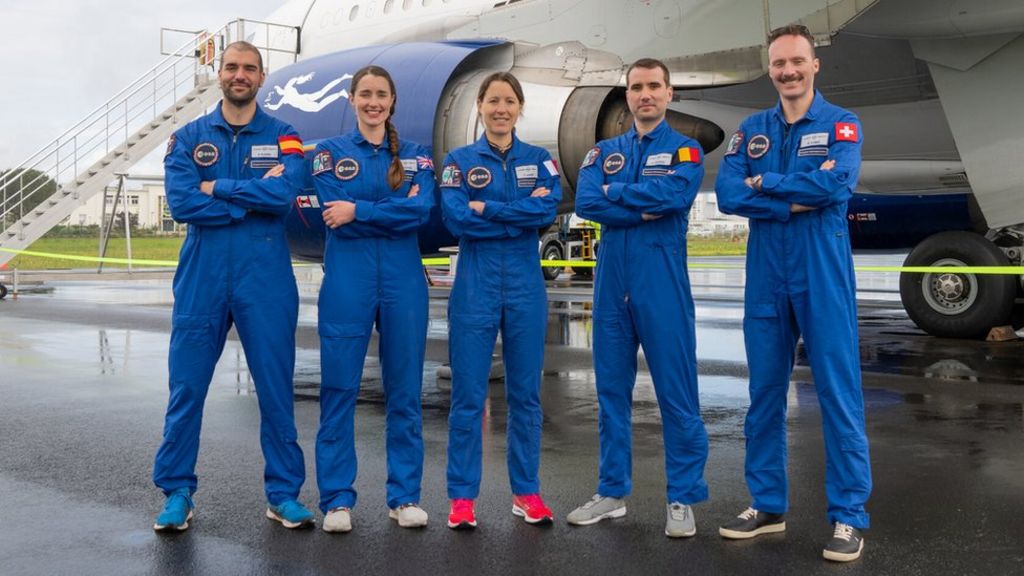
Dr Coogan and her colleagues - Sophie Adenot (France), Pablo Álvarez Fernández (Spain), Raphaël Liégeois (Belgium) and Marco Sieber (Switzerland) - were singled out from more than 22,500 applicants as having the "right stuff" to go into space.
The past 12 months have seen them receive medical, robotics and survival training; experience weightlessness in a special plane; and be hurled around in a centrifuge to simulate the forces of a rocket launch.
Monday's ceremony also saw Australian astronaut candidate Katherine Bennell-Pegg receive her graduation certificate.
The Sydney engineer, who holds dual UK citizenship, joined the Esa astronaut corps in Cologne under a contract between the European and Australian space agencies.
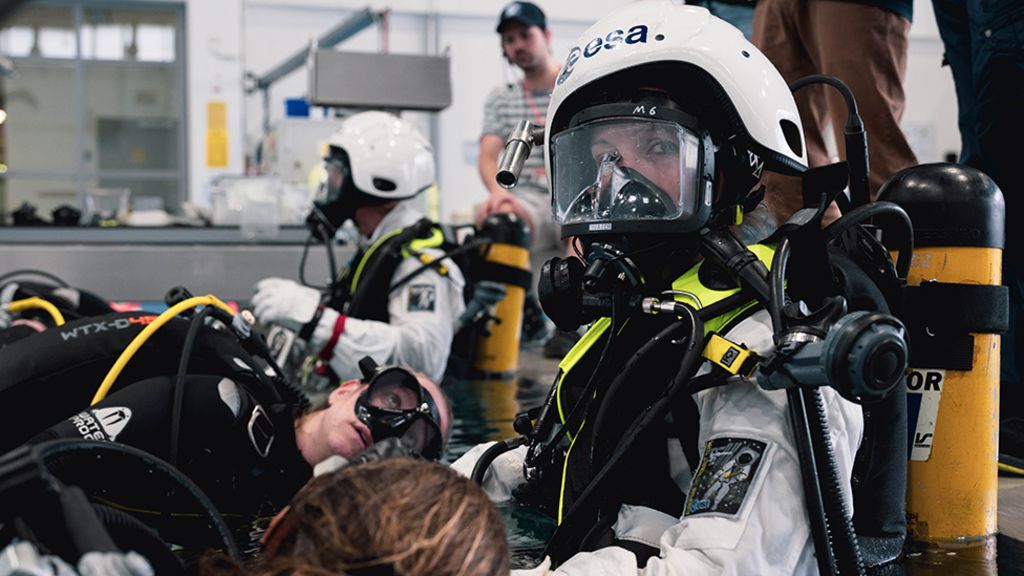
Tradition requires the new class have a nickname given to them by the previous class.
This new group will therefore be known as "The Hoppers", a reference to "hopping" back and forth between different classrooms during their training.
"Some of our new colleagues have been overheard mentioning that they would be interested in hopping around on the Moon," said Germany's Alex Gerst, one of the 2009 astronauts who are known as "The Shenanigans".
Dr Gerst gave the graduates a patch in the shape of the popular "space hopper" toy.
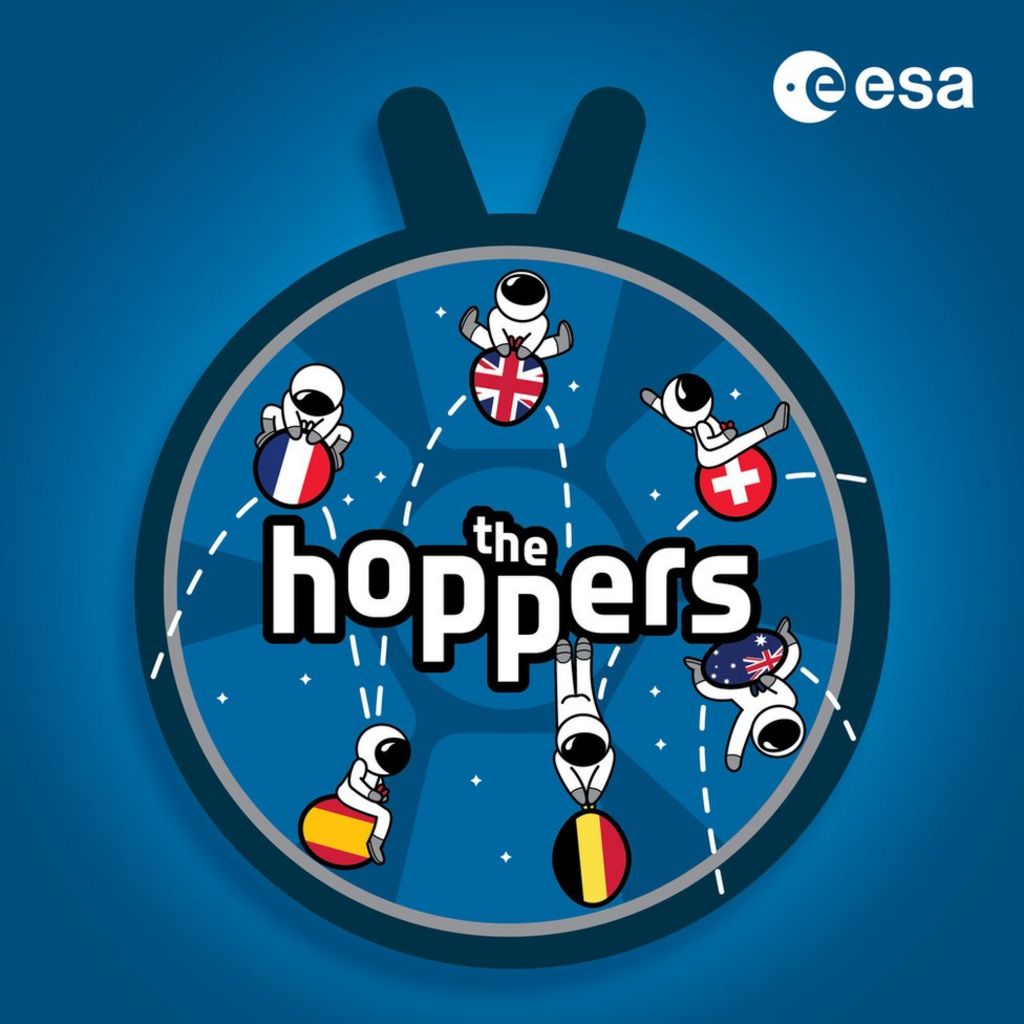
The quintet's space education doesn't stop. They will continue honing essential skills, such as understanding spacecraft systems, learning to "walk in space", and picking up more of the Russian language, which is spoken on the International Space Station (ISS) along with English.
"The space station remains a collaboration," said Libby Jackson, the head of exploration at the UK Space Agency.
"It's a bilingual environment up there and if there are emergencies, you have to understand what is happening."
The significance of Monday's graduation is that the group is now eligible to be picked for a space mission.
Quite when each of them will get to climb aboard a rocket is anyone's guess.
Tim Peake had to wait five years following his graduation for an opportunity to come up. He spent half a year on the ISS in 2015/16.
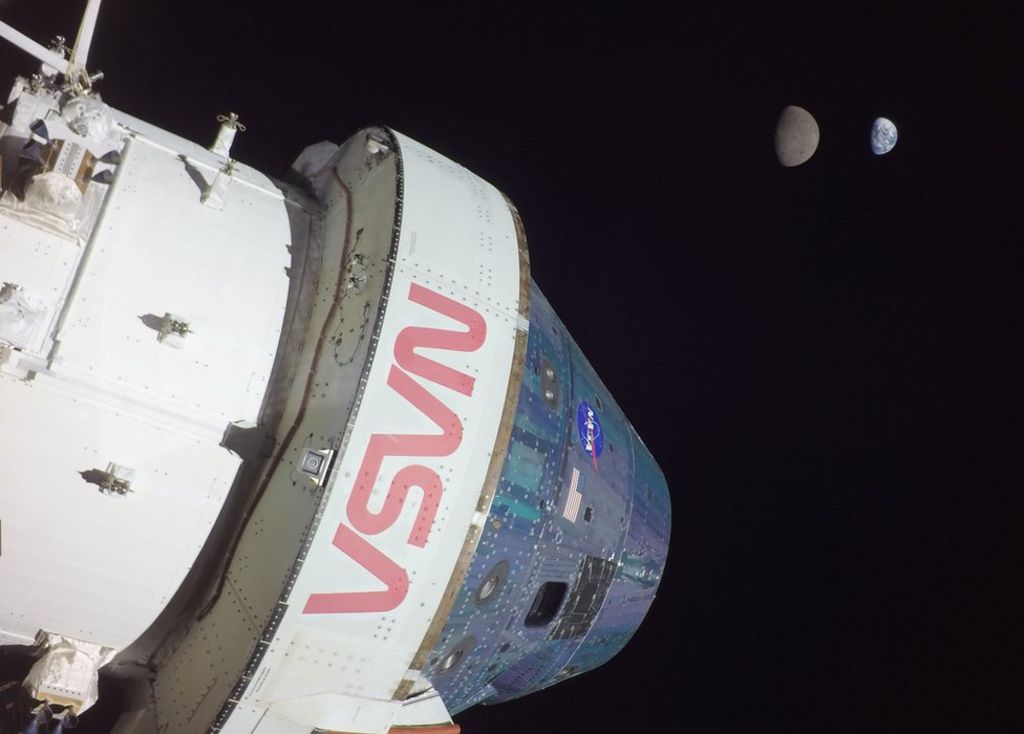
Europe has rights to one berth on the international laboratory every year or so, and although the orbiting platform is due to be decommissioned in the early 2030s, a number of commercial vehicles are due to replace it - some with strong European backing.
But the US space agency (Nasa) is also committed to going back to the Moon this decade under its Artemis programme, and, with Esa being a key partner in this endeavour, it's not inconceivable that one of the five graduating on Monday could become the first European citizen in history to step on to the lunar surface.
And if not the surface of the Moon, they have a good chance of going to lunar orbit. European industry is providing significant hardware for a lunar space station, which comes with the guarantee that Esa astronauts will get to fly in it.
Speaking to the BBC, Esa's director general Josef Aschbacher said he was not yet in a position to discuss flight opportunities, but that he might possibly be able to make some sort of announcement in May.
Present at the ceremony in Cologne as an onlooker was John McFall, the Briton selected by Esa as a potential para-astronaut. The medical doctor, who has a prosthetic leg, is part of a separate feasibility study to see if space vehicles can accommodate his needs.
If it's deemed they can, Dr McFall could also fly to the space station at some point.
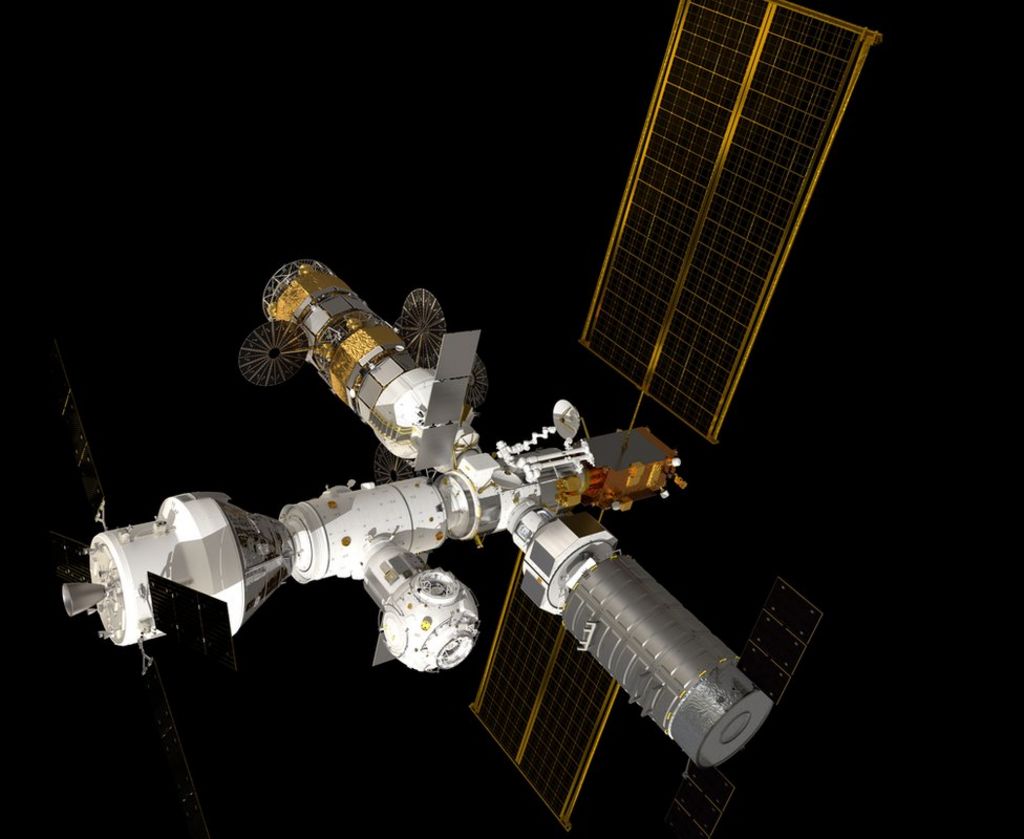
https://ift.tt/8CvR243
Science
No comments:
Post a Comment